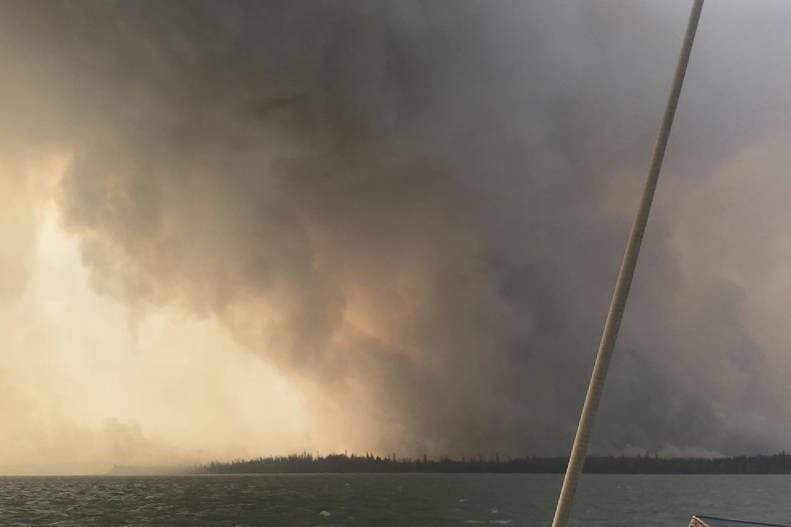Alaska’s statutory wildfire season was extended Monday — from Aug. 31 to Sept. 30 — due to high fire danger from continued warm and dry conditions, a press release from the state Department of Natural Resources said.
As of Monday, 682 fires had burned more than 2.5 million acres this season.
The decision comes as teams continue to battle the nearly three-month-old Swan Lake Fire, which prompted. Gov. Mike Dunleavy to issue a state disaster declaration for the Kenai Peninsula Borough on Friday.
Department of Natural Resources Commissioner Corri Feigen noted in her order extending the fire season that unprecedented fire risk conditions for the Southcentral and Kenai Peninsula regions and the ongoing large project fires in these areas have created statewide challenges for wildland fire response agencies.
“Any new fires will further stress the overall statewide response capabilities,” she wrote.
Alaska’s statutory wildfire season normally begins April 1 and ends on Aug. 31. The fire season extension means that statewide small and large burn permits will be required for burning open debris or the use of burn barrels through Sept. 30. An emergency burn closure remains in effect for the Kenai Peninsula and Matanuska-Susitna boroughs, which bans any open burning.
The ban, which took effect Aug. 21, includes campfires and the use of charcoal grills. Gas, pellet grills and backpacking or camp stoves that use fuel or compressed fuel canisters are still allowed. The emergency burn closure will remain in effect until conditions moderate.
The fire season was last extended in 2006.

